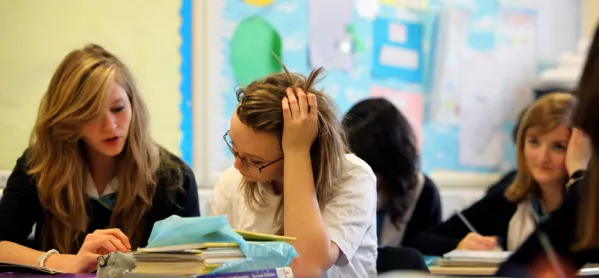There is no evidence that collaboration between schools improves pupils’ attainment, a new study has claimed.
The literature review published by the Centre for the Study of Market Reform of Education (CMRE) states that although there is much “popular rhetoric” about the benefits of collaboration, there is a “lack of robust evidence” to show that it improves pupils’ results.
The principle of collaboration between schools has been at the heart of recent government policy. Local authorities have withdrawn school improvement services over the past five years as academisation has taken hold, with schools encouraged to work more closely together.
But the CMRE report says that collaboration “probably isn’t key to the next phase of school reform”. Most literature on its impact is “essentially providing textbook examples of a consensus view”, it adds.
This literature tends to focus on successful schools that share resources and work together to solve problems, and to “suppose that this must contribute to their success” the report argues, adding: “This does not take account of those that do this and don’t succeed.”
Corporatisation v collaboration
Any differences that school chains are making to pupils’ outcomes could be attributable to “the influence of corporatisation” rather than to collaboration itself, the report says. However, research on multi-academy trusts has “opened up positive lines of inquiry”.
James Croft, executive director of the CMRE, said: “This paper shows that we don’t yet know enough about the efficacy of school collaboration, to distinguish it from the underlying effects of school autonomy and competition.”
In response to the report, Tim Oates, group director of assessment research and development for Cambridge Assessment, said school collaboration risked becoming a “sloganistic preoccupation divorced from the moral and technical aims which should lie at the heart of modern improvement strategy”.
Brian Lightman, general secretary of the Association of School and College Leaders, told TES: “If you’re looking for a causal link between, say, collaboration and GCSE results, it’s very difficult to isolate the specific aspects of what a school is doing and say they’re having a direct impact on standards.
“But what’s absolutely clear is that collaboration has many benefits. We’re seeing primary and secondary schools doing really good work on curriculum continuity, for example.”
Want to keep up with the latest education news and opinion? Follow TES on Twitter and like TES on Facebook




